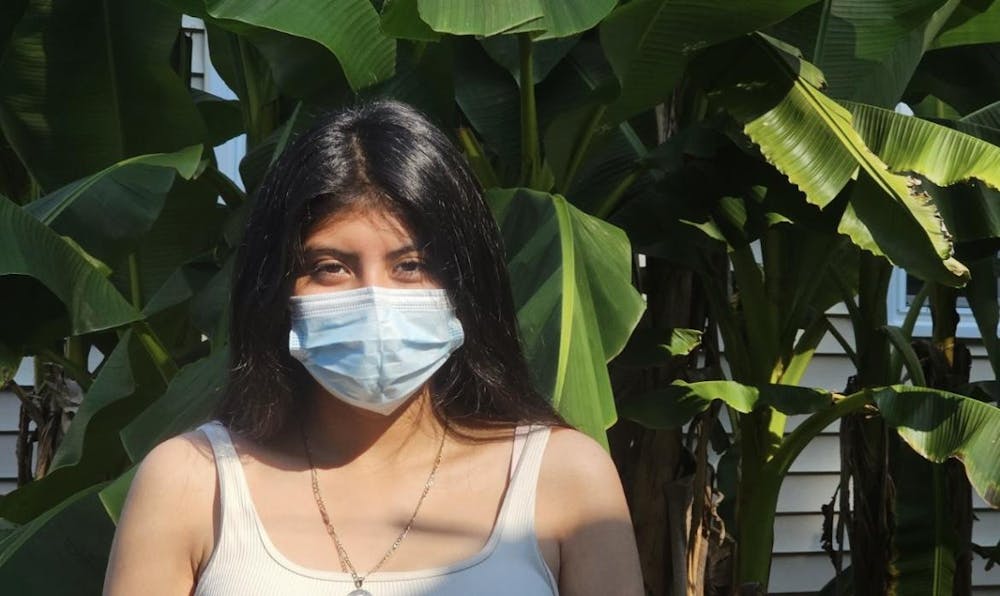On June 21, Gov. Roy Cooper vetoed House Bill 237, Various Criminal Law and Election Changes — previously entitled Unmasking Mobs and Criminals.
H.B. 237 originated as a bipartisan bill to criminalize money laundering in North Carolina and increase penalties for crimes committed while wearing face masks. Republicans in the State Senate then passed their own version of the bill.
If enacted, the final version of the bill would reinforce North Carolina’s ban on the wearing of masks and hoods, loosen the state’s campaign finance laws and change punishments for protests that impede the use of streets. Additionally, it would upgrade the class of a crime if one wears a mask while committing it.
Despite the reinforced restrictions, this version would allow the wearing of masks to mitigate the spread of transmissible diseases. This is an altered form of a broader public health exemption established in 2020, and does not include those who must wear masks for other medical reasons.
Rep. Pricey Harrison (D-61) said she is personally impacted by the bill, as somebody with respiratory complications who been advised by doctors to wear a mask on days with poor air quality.
"This is not covered, there’s no exemption in here for those who have to mask up to avoid allergens or bad air quality,” she said at the bill’s House reading on June 11.
The bill would also permit police officials and public and private landowners to request someone to remove their mask for the purpose of identification.
Impact on campaign finances
If passed, the bill would loosen reporting requirements for federally registered political committees. Additionally, committees would no longer be required to have an N.C. resident involved with their finances.




